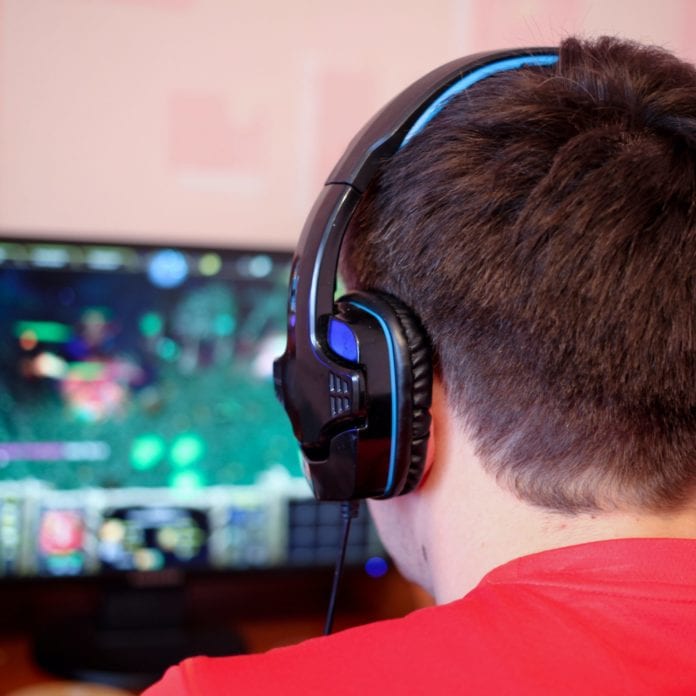The cloud gaming platform eliminates the need to download a game or purchase expensive hardware
Deutsche Telekom has launched officially launched its cloud gaming platform, called MagentaGaming, challenging Microsoft’s xCloud and Google’s Stadia.
When playing on the cloud gaming platform, gamers are accessing powerful servers, which stream games directly to a Windows PC, Mac or Android devices such as smartphones and tablets, eliminating the need to download the game or purchase expensive hardware. The platform relies on a decentralized edge-cloud concept to keep the distance between the server and the customer as short as possible.
MagentaGaming first appeared at at Gamescom 2019 while still in the beta phase. Since then, more than 20,000 users have tested the service extensively, said the operator.
Cloud gaming is considered the next big thing in entertainment and a killer use case for 5G, resulting in new players like service providers getting involved — which according to Joe Cumello, CMO at Ciena, is a “great” thing.
Subscribe now to get the daily newsletter from RCR Wireless News
“It’s great to see that telcos are now looking to take advantage of the cloud gaming opportunity by launching their own services. Telcos have a distinct advantage in the cloud gaming space, as they can own both the service and underlying network infrastructure, which can help gamers receive a high-quality experience,” he said.
“Cloud gaming requires more internet bandwidth to support massive multiplayer experiences, in addition to the low latency to ensure smooth, lag-free gameplay,” he continued. “This makes cloud gaming the perfect test for new 5G networks, which are designed to support this kind of experience. The next step is for networks to become adaptive and intelligent so that they can support periods of peak demand and congestion, so that you never lose because of a poor connection.”
And Deutsche Telekom clearly understands the business opportunity that cloud gaming offers. In July, the operator invested $2.2 million in RemoteMyApp, a Polish cloud gaming company and last year, acquired a 25% stake in Cologne-based SK gaming.

